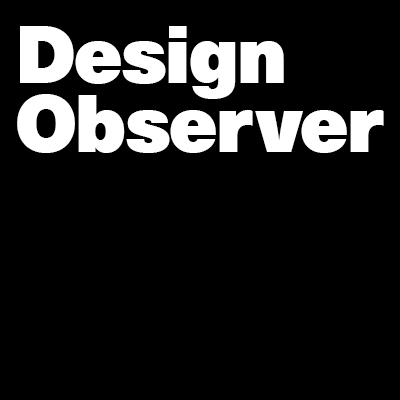
Poster for Citicorp Center, Dan Friedman for Anspach Grossman Portugal, 1975. From When Design is a Matter of Life or Death
What does design have to do with sadness, or fury? With kindness—or loss? With empathy, and asking better questions? (With honesty, and seeking better answers?) A fundamental tenet of design practice, humanism reminds us that we make things as people, for people: not for audiences, or for metrics, or for users—but for real people. To define design merely as the formal evidence of our arguably prodigious output as humans denies a deeper and more insistent truth: we are sentient beings, with hearts and minds, full-blown value systems, and robust principles. Simply put, humanism in design is the study of ethics: from building to drilling, sharing credit to surviving spec work, we’ve looked at the face of human rights, at the future of surveillance, and at a host of necessary, heartbreaking, and often disquieting images, and why? Maybe because we continue to believe that nothing is more critical than the gravitational pull of your own moral center. Writing during the pandemic, Jessica Helfand asks: When so much of what you’ve been conditioned to rely upon vanishes from view, where do you go? She’s still asking. And so are we.

